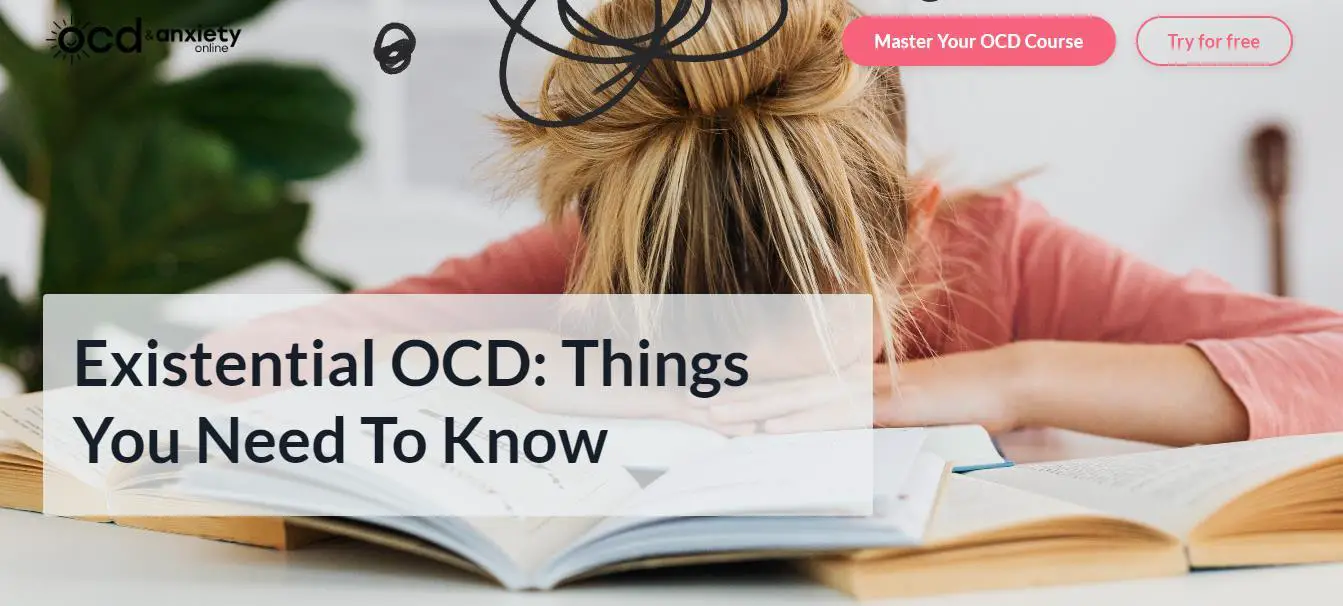Obsessive-Compulsive Disorder (OCD) is a complex mental health condition characterized by intrusive and distressing thoughts, images, or urges, known as obsessions, and repetitive behaviors or mental acts, known as compulsions. Among the diverse manifestations of OCD, Harm OCD Symptoms and Homosexual OCD (HOCD) are two specific subtypes that often perplex individuals and challenge their sense of self. In this article, we will delve into the intricacies of these conditions, exploring their symptoms, possible causes, and avenues for effective treatment.
Understanding Harm OCD Symptoms
Harm OCD, also known as aggressive or violent OCD, involves persistent, distressing obsessions centered around causing harm to oneself or others. Those suffering from Harm OCD often experience intrusive thoughts of violence, accidents, or unintentional harm to loved ones. These distressing obsessions are often incongruent with a person's true character, making them all the more distressing.
Common symptoms of Harm OCD include
Intrusive violent or harmful thoughts: Individuals may experience graphic and disturbing thoughts about harming themselves or others, even though they have no intention of acting on them.
Fear of losing control: Those with Harm OCD may fear that they will act on their intrusive thoughts involuntarily, despite having no history of violent behavior.
Compulsions and avoidance behaviors: To cope with the anxiety caused by the obsessions, individuals might engage in compulsive behaviors or avoid situations that trigger their intrusive thoughts.
Emotional distress: The distress caused by these intrusive thoughts can lead to feelings of guilt, shame, and anxiety, contributing to a vicious cycle of obsessions and compulsions.
Understanding HOCD
Homosexual OCD (HOCD) is a specific subtype of OCD that revolves around intrusive thoughts and doubts about one's sexual orientation. Individuals with HOCD may experience persistent anxiety or distressing thoughts about being gay or lesbian, even if they identify as heterosexual. HOCD can be incredibly distressing and is often associated with significant emotional turmoil and confusion.
Common symptoms of HOCD include
Intrusive doubts about sexual orientation: Individuals may experience recurrent thoughts and questions about their sexual preferences, despite having had no previous doubts.
Compulsive behavior: To alleviate their anxiety, individuals may engage in various compulsions, such as seeking reassurance from others, avoiding situations that may trigger their doubts, or conducting mental rituals to suppress intrusive thoughts.
Sexual arousal confusion: Some individuals with HOCD may misinterpret normal sexual arousal as evidence of being gay or lesbian, which further fuels their doubts and distress.
Impact on relationships and self-esteem: HOCD can cause significant strain on relationships and lead to lowered self-esteem due to the individual's constant self-doubt and internal conflict.
Treatment Approaches HOCD Symptoms
The treatment of Harm OCD Symptoms and HOCD typically involves a combination of cognitive-behavioral therapy (CBT) and, in some cases, medication.
Cognitive-Behavioral Therapy (CBT): CBT is an evidence-based therapeutic approach that helps individuals identify and challenge their irrational thoughts and beliefs. Exposure and Response Prevention (ERP), a specific form of CBT, is particularly effective for OCD. ERP involves gradually exposing the individual to their feared situations or thoughts without engaging in the accompanying compulsions. Over time, this helps to reduce the anxiety and distress associated with the obsessions.
Medication: Selective Serotonin Reuptake Inhibitors (SSRIs) are commonly prescribed for OCD. These medications can help alleviate the symptoms and improve the individual's ability to engage in therapy effectively.
Harm OCD Symptoms and Homosexual OCD are two distinct subtypes of Obsessive-Compulsive Disorder, each presenting unique challenges to those affected. Recognizing the symptoms and understanding the nature of these conditions is crucial for seeking appropriate help and support. If you or someone you know is struggling with these OCD subtypes, seeking assistance from mental health professionals experienced in treating OCD can make a significant difference in regaining control and finding relief from the distressing symptoms. Remember, there is hope, and effective treatments are available to help individuals reclaim their lives from the clutches of OCD. visit us : https://www.ocd-anxiety.com/
